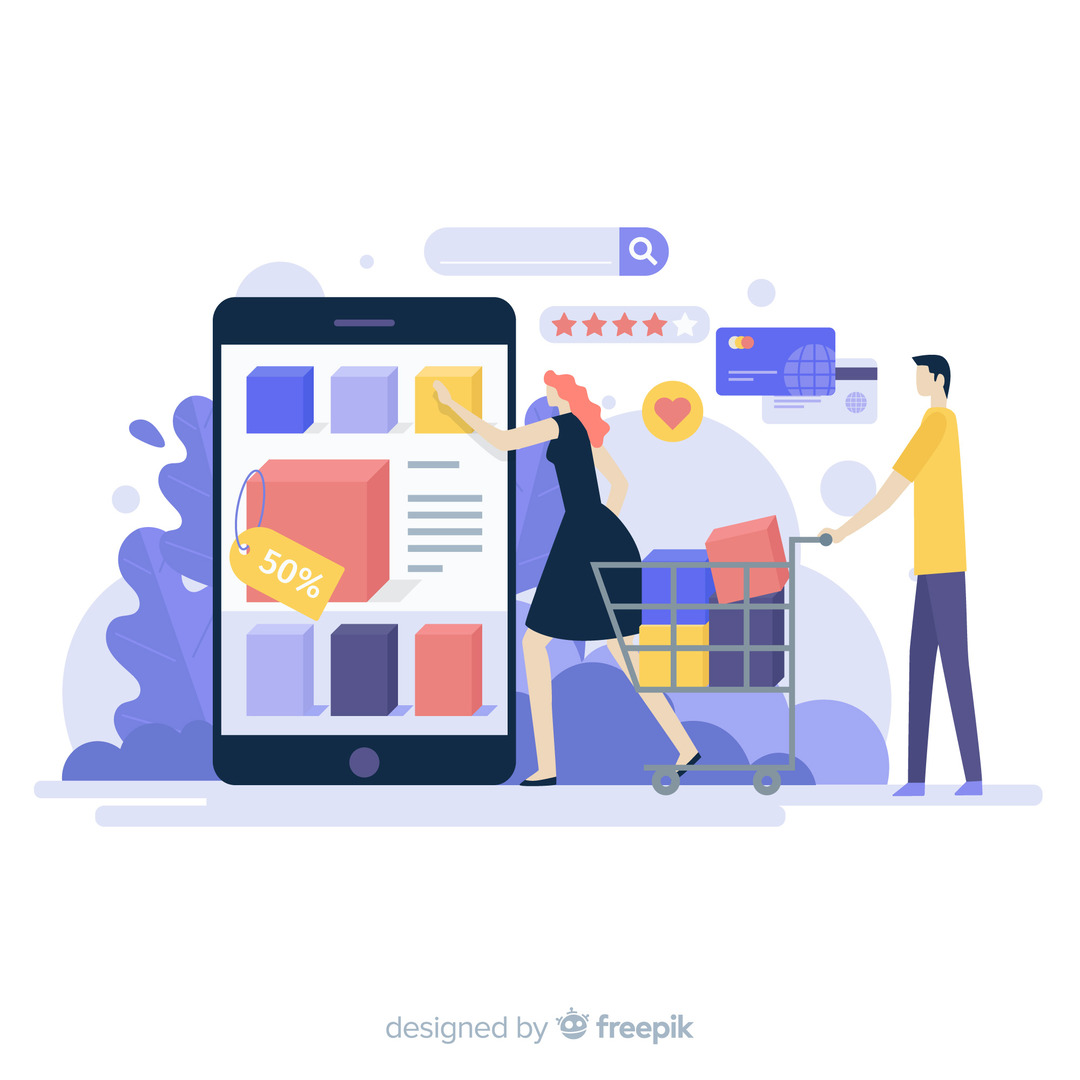Increasing B2C eCommerce Conversion Rates with Personalization Strategies

The B2C e-commerce landscape is quite competitive, and businesses are constantly vying for ways to make them stand out, bring better conversion numbers. And one very powerful tactic that kind of comes up as a game-changer is personalization. By personalizing the e-commerce customer experience according to each customer's specific preferences and behaviors, businesses can engage in deeper interactions with their customers and build better relationships that lead to higher opportunities for conversion. This ultimate guide focuses on the importance of personalization in B2C e-commerce, effective strategies of implementing the idea for an increase in conversion rate, and overall success in any business in the modern era.
Understanding the Importance of Personalization in B2C eCommerce:
Personalization is not only about salutating customers with their first name, but meeting each consumer's specific requirements, tastes, and purchase history. Therefore, it will provide the right experience for each specific channel and time. In the modern world which is full of connected people and where the consumers are overloaded with choices, personalization is a day saving mechanism for individual products in the marketplace. It not only improve customer satisfaction and loyalty but also lead to higher conversion rates by ways of assisting users to go for products and offers that are close to their interests and preferences of customers.
Effective Personalization Strategies for Increasing Conversion Rates:
Effective personalization strategies play a very important role in boosting conversion rates for businesses in many diverse industries. It means that businesses will now be in a position to shape content, product recommendations, and experiences to individual preferences and behaviors, facilitating a far more engaging and relevant interaction between businesses and customers. Personalization fosters a sense of connection and understanding, ultimately leading to increased customer satisfaction and loyalty. Leveraging data-driven insights, businesses can segment their audience, target specific demographics, and deliver personalized messages at the right time through the right channels. Great personalization, whether through tailored email campaigns, customized product recommendations, or individual website experiences, implementing effective personalization strategies can significantly enhance conversion rates and drive revenue growth.
Utilize Data Analytics:
Data analytics are the core part of successful personalization. Most businesses can benefit from using their customer's data that involves browsing history, purchasing behavior, demographic details, and engagement metrics. This will assure valuable insight for the individual preferences and behavior. With the help of analytic tools and techniques specially machine learning algorithms the patterns and tendencies of dynamic data become visible, and later on, it becomes more accurate to segment your audiences and target them with tailor-made offers and recommendations.
Implement Dynamic Content:
Dynamic content enables businesses to provide real-time, personalized messaging and product recommendations based on the users' interaction and behavior. Examples of such content are showcases of recently viewed items, recommendations of similar goods, or personalized offers. In this case, dynamic content turns the process of shopping into more relevant and attractive ones to make the user act and close the purchase.
Personalize Product Recommendations:
Product recommendations are a very important way to guide customers to the correct and interesting goods. In this regard, the business has an option to create personal recommendations that draw up the interest and preference of every customer according to his past purchase history, browsing behavior, and analysis of contextual data. Be it through product carousels designed only for them, "recommended for you" sections, or custom email campaigns, personalized product recommendations are surely the way forward to increase conversion rates by showing to the user items that he or she is likelier to purchase.
Optimize the User Experience:
The personalization goes far beyond product recommendations and influences all the user experiences. It maximizes the usability and chances of conversion by the personalization of website navigation, search results, offers, and promotions with respect to the preferences and behavior of every user. For example, personalized landing pages showing the main focus on interest or demographics of users will help create a larger number of conversions since the site visit.
Leverage Behavioral Triggers:
Behavioral triggers are "automated messages or actions" set off by the occurrence of certain user behaviors, for instance, cart abandonment or products that he had only viewed. By implementing personalized triggered campaigns, businesses can re-engage users with targeted messages or offers designed to recapture their interest and encourage them to complete their purchase. For example, sending an email with a discount code for those users who leave their shopping cart could effectively recover the lost sales and hence increase the number of conversions.
Test and Iterate:
Continuous testing and iteration are essential for optimizing personalization strategies and maximizing their impact on conversion rates. This could be done through A/B testing of different personalization strategies like messaging, offers, or product recommendations so that it resonates most with the audience and can be further tuned. Overtime, this should be able to mean that more and more of the personalization efforts are gradually fine-tuned, based on the performance metrics and user feedback, for even higher conversion rates for the company.
Conclusion
With so many choices available in the market, personalization is increasingly the differentiator for B2C e-commerce businesses in today's competitive landscape. They can create shopping experiences that are more engaging and relevant to the customer, thereby leading to higher conversion rates. From dynamic content and personalization of product recommendations to optimization of user experience and leveraging behavioral triggers, with data analytics and continuous testing and iteration, businesses finally can focus on just that. As a developer and service provider of e-commerce platforms, Arena Softwares doesn't underestimate personalization strategies in any way. Contact us today to learn more about our tailor-made solutions that could help raise your e-commerce business and increase conversion rates. Embracing personalization as one of the core pillars of your e-commerce strategy would serve to make your business stand out, enabling it to build a more firm client base that would, in due course, find success in the modern digital marketplace.
